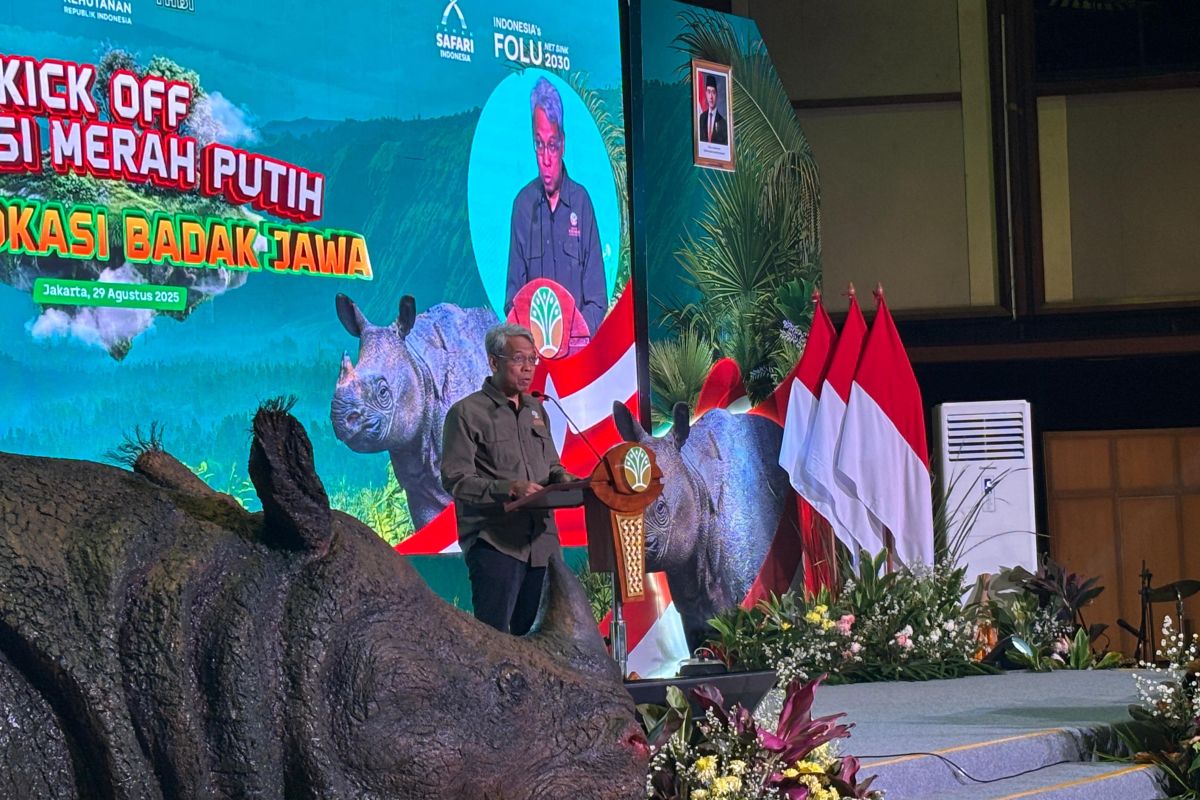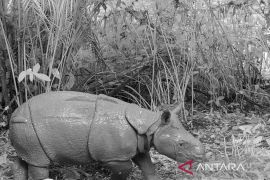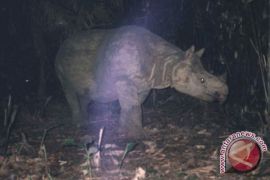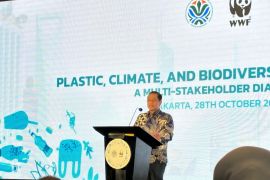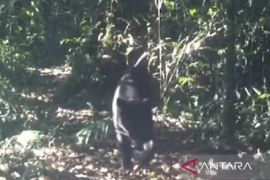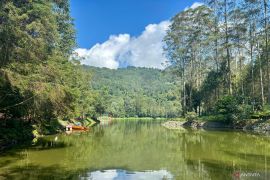During the launch of the Javan Rhino Translocation operation in Jakarta, on Friday, Director General of the Ministry of Forestry's Natural Resources and Ecosystem Conservation, Satyawan Pudyatmoko, said the ministry aims to increase the population of protected, critically endangered animals in line with the National Medium-Term Development Plan (RPJMN).
Conservation of natural resources and ecosystems, he said, is targeted to improve a species' status from critically endangered to endangered and then to vulnerable.
"The target is to increase the population first, to stabilize it. Once it stabilizes, we will monitor it annually to see the results," he said.
To increase the population, the government will translocate a pair of Javan rhinos, currently the only remaining species in the world in Ujung Kulon National Park (TNUK), to the Javan Rhino Study and Conservation Area (JRSCA).
The translocation was carried out because studies showed the animal faces a high risk of extinction due to limited habitat capacity, low genetic diversity, and an inbreeding rate of 58.5 percent.
A Population Viability Analysis (PVA) even predicts that this species could become extinct in less than 50 years without real interventions.
Two rhinos have been selected for the translocation, considering their different genetic haplotypes to prevent inbreeding. They will then be herded into a safe holding area before finally being transferred to the JRSCA.
The rhino translocation was carried out by the Forestry Ministry, in collaboration with the Indonesian National Armed Forces (TNI) and the Rhino Foundation of Indonesia (YABI) to transport the Javan rhinos from the Ujung Kulon Peninsula to the JRSCA in Ujungjaya Village, Pandeglang district, Banten.
Both locations are within the Ujung Kulon National Park and are approximately 14 kilometers across the sea.
"This year, our target is to be able to carry out the translocation, but it cannot be forced," he said.
One reason the translocation cannot be carried out quickly was that Javan rhinos are shy and easily stressed. They also cannot be easily approached by humans.
Related news: Indonesia to relocate last wild Bornean rhino for survival
Related news: Ministry claims Indonesia sole guardian of Javan rhinos
Translator: Prisca Triferna Violleta, Martha Herlinawati Siman
Editor: Arie Novarina
Copyright © ANTARA 2025
